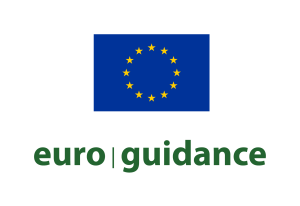Module 1: Why learning mobility
EXPECTED LEARNING OUTCOME: You will be able to argument how learning mobility can help your client group develop skills that are in demand on the labour market
3. Skills gained by learning abroad
3.1. Intercultural understanding
The development of intercultural competences does not happen automatically just by living abroad for a while, it is necessary to guide students towards actively developing these skills before, during and after their study period. Guidance practitioners can assist them by pointing out:
Language preparations. Students’ language capacity can be different and therefore their need for preparation also differs. Students who can understand the language of the area they plan to visit and express themselves to some degree, gain much more from the mobility than those who have fewer skills. The European Council has developed a self-assessment tool where people can assess how much they understand and can make use of different languages. This is a valuable tool to use before starting off. It can also be very useful for students to bring with them a glossary of the most common professional vocabulary or the link to websites where they can look them up.
Cultural preparations. Students should be encouraged to read as much reliable material as possible about their host country before going there. This could include the geography and history of the country, common traditions and blogs from former students. They may also benefit from watching videos from the country to gain an impression of what it looks like and how its citizens lead their lives. While there, they should also be encouraged to visit museums, go to concerts or participate in local activities, in order to gain an even better cultural knowledge.
Tolerance. It may be necessary to point students’ attention to the aspect of tolerance towards “different” people before they travel abroad for studies. In addition to being tolerant towards “similar people”, the students need to take a similar position towards people of different ethnic backgrounds, religions or cultural traditions. They need to remember that they are the guests and need to be very polite and careful when criticising something.
